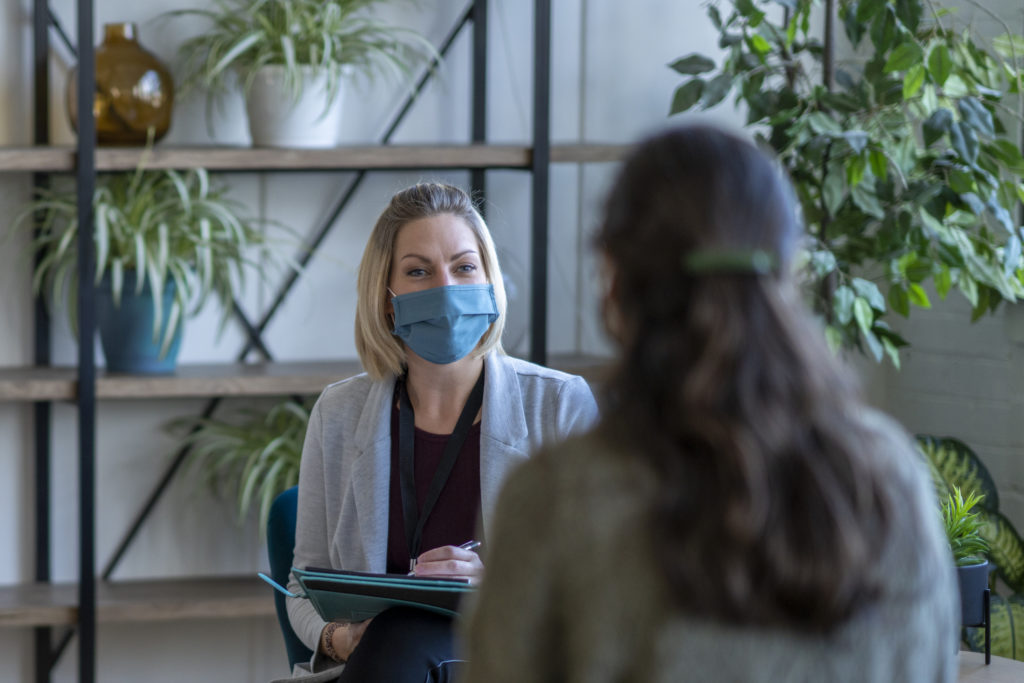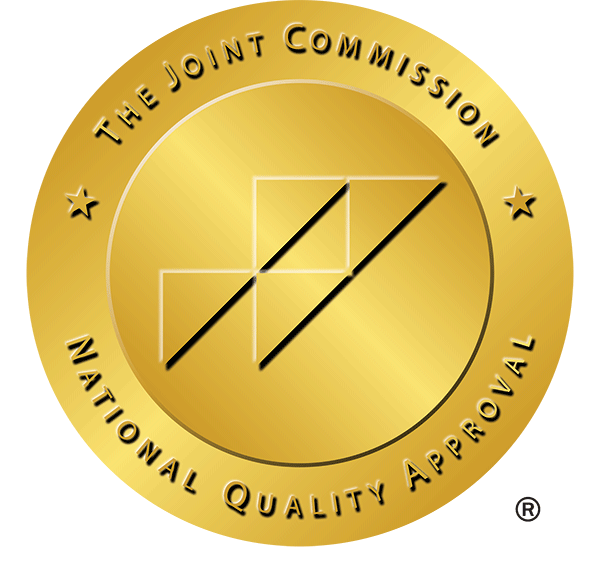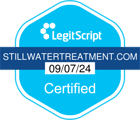What is Gabapentin?
Gabapentin is a prescription-only drug but not a narcotic or controlled substance. However, some states have enacted legislation to monitor the use of the drug by the state’s prescription drug monitoring program.

Is Gabapentin Addictive?
Gabapentin Side Effects
Gabapentin has a wide range of side effects, some of which can be serious.
Common Gabapentin Side Effects
- Tiredness
- Weakness
- Headache
- Dizziness
- Trembling or shaking
- Nausea, vomiting, or diarrhea
- Constipation
- Anxiety
- Memory problems
- Weight gain and increased appetite
- Ear pain
- Flu-like symptoms
- Fever
Severe Gabapentin Side Effects
- Itching
- Rash
- Swelling of the face, throat, tongue, or eyes
- Difficulty swallowing or breathing
- Hoarseness
- Seizures
- Breathing issues, blue skin, lips, or fingernails
- Confusion, delirium, or extreme sleepiness
Gabapentin Overdose and Addiction
Gabapentin abuse can be hazardous because those who misuse gabapentin often do so in combination with opioids. This combination of opioids and gabapentin may increase the risk of dying from an overdose, most likely due to depressed breathing. Additionally, people with chronic obstructive pulmonary disease (COPD) and older adults are at the highest risk of death from this combination.
Signs of Gabapentin Addiction
- Coordination problems (stumbling, slurring speech, clumsiness)
- Difficulty speaking
- Mood changes
- Forgetfulness
- Anxiety and depression
- Suicidal thoughts and behaviors
- Tremors
Statistics Regarding Gabapentin Addiction
- 56% were taking gabapentin with an opioid.
- 27% were taking it with an opioid, muscle relaxant, or anxiety medication.
- 8.6% were using it with other illicit substances.
If you suspect someone is misusing gabapentin, there are some signs to look out for. This person may lie to their doctor about their symptoms to obtain excessive amounts of the drug; they may also switch doctors frequently or see multiple doctors to get more gabapentin prescribed. This person may also exhibit addiction symptoms like changes in hygiene and grooming, withdrawal from family and friends, refusal to quit using the drug despite financial, emotional, and social repercussions, and failed attempts to quit.
Gabapentin Overdose
Overdose Symptoms
- Ataxia (decrease in muscle coordination)
- Ptosis (drooping eyelid)
- Labored or depressed breathing
- Double vision
- Extreme sedation
- Slurred speech
- Drowsiness
Gabapentin Withdrawal and Detox
Gabapentin withdrawal doesn’t happen as frequently as other drug withdrawals, but it can happen.
Withdrawal Side Effects
- Sweating
- Gastrointestinal symptoms
- Tremors
- Fast heart rate
- High blood pressure
- Insomnia
Coping with Withdrawal
While it may sound counterintuitive, the best treatment for severe gabapentin withdrawal is gabapentin. When individuals resume their usual dose of gabapentin, any dangerous side effects of gabapentin withdrawal should go away.
After resuming their usual dose, individuals should make an appointment with their doctor to discuss motivations for quitting gabapentin. At that point, a medical professional can help to taper the gabapentin dose and monitor for any withdrawal symptoms, minimizing the risk of adverse withdrawal symptoms.
Treatment for Gabapentin and Other Prescription Drug Addiction
Because gabapentin is not a narcotic, you may not think you need treatment for a gabapentin addiction. However, gabapentin addiction can be life-threatening, and it’s essential to get the help you need.
An excellent first step is gabapentin detox. While this is possible at home under a doctor’s supervision, many facilities offer top-of-the-line drug detox programs that can better monitor the gabapentin withdrawal symptoms. If you use a high dose of gabapentin, use it with other substances, or have other medical conditions, it may be best to withdraw from gabapentin in a medical facility.
Residential rehab programs can also offer the opportunity to heal and recover from gabapentin abuse. Residential treatment at Stillwater Behavioral Health offers compassion and 24/7 care in a luxurious setting, where your treatment plan is tailored to suit your exact needs. Healing isn’t linear, and recovery can be challenging, but Stillwater is committed to helping you end the cycle of addiction. Get help today at Stillwater Behavioral Health.

Resources
- https://medlineplus.gov/druginfo/meds/a694007.html
- https://www.talktofrank.com/drug/gabapentin#how-it-feels4
- https://www.drugs.com/medical-answers/gabapentin-narcotic-controlled-substance-3555993/#:~:text=Official%20Answer&text=The%20anti%2Dseizure%20medication%20gabapentin,state’s%20prescription%20drug%20monitoring%20program.
- https://www.addictioncenter.com/drugs/gabapentin/
- https://drugabuse.com/drugs/gabapentin/
- https://www.verywellmind.com/gabapentin-withdrawal-symptoms-timeline-and-treatment-4176217




